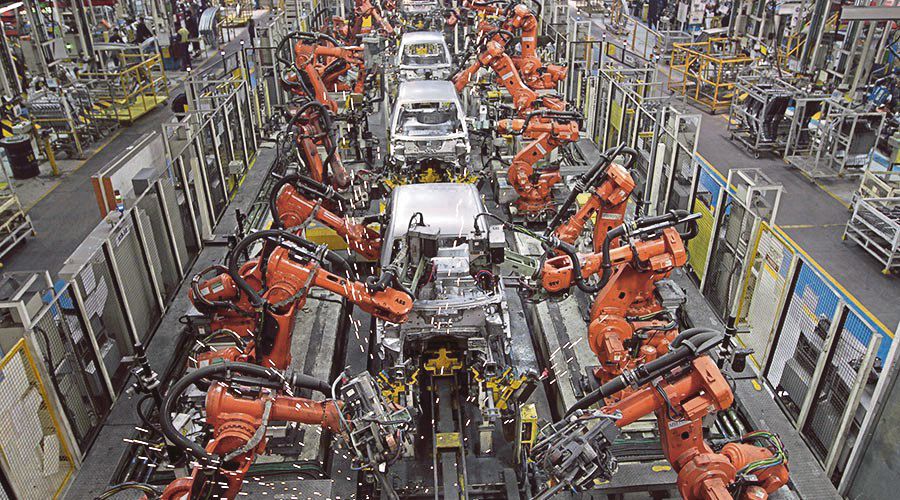In 1879, Karl Benz invented the first ever vehicle a two-seater, gasoline powered car. His invention has inspired many other scientists to come up with better and more efficient, and thus we have petrol engines and even electric vehicles today.
The automotive industry was among the first to incorporate robots in their production, hence has experienced the numerous benefits of robotics. This has allowed for more enterprises in different sectors to adopt the robots most of their production processes. The impact of these robots is visible everywhere in today’s vehicles. They include:
1. Better quality vehicles.
There has been significant growth in the quality of vehicles over the past decade, with more than ten major automotive industries coming up. This has been primarily due to the accuracy and efficiency offered by industrial robots. Their utilization in welding, screwing, assembly and even inspection enables the companies to produce quality vehicles.
Robots have also allowed industries to meet the demand in the market during high seasons since they can work day and night with little need for maintenance. They also work with a high accuracy unit thus produce vehicles of the same quality throughout.
2. Safe environment for Workers.
Working in an automotive industry exposes workers to many dangerous working conditions. Industrial robots are however comfortable in any working conditions thus can relieve the workers of some of these working areas. Traditional robots had also been known to cause harm to some of the workers when working together.
The introduction of manufacturing robots from universal robots in this industry has created a safe environment for these workers since they are fitted with adequate sensors to monitor movement around them thus avoids harming human workers. The robots are therefore able to work hand in hand with them ensuring more productivity.
3. Increase in Workflow, Productivity and Efficiency.
Industrial robots are programmed to perform a specific task until instructed otherwise. This allows them to complete the repetitive and monotonous work in the industry thus allowing workers to invest their time in producing better quality vehicles. The robots are also much faster than human workers and therefore can accomplish more tasks hence more productivity.
They also offer more accuracy in tasks such as screwdriving, glueing and inspections thus ensure that only quality production of goods. As a result, the industry’s efficiency is boosted.
4. Flexibility.
Advancement in technology dramatically affects the automotive industry as most of their raw materials can be upgraded. This has been hard for human workers to keep up with new technologies in the market. The industrial robots, however, are easily re-programmed to suit new technologies thus allowed the industry to produce vehicles that are up to date.
A single Industrial robot is also able to multi-task and two different tasks at once thus allowing it to complete its tasks much faster. The robot can also reuse its old programs to run various functions in the industry. Such flexibility has been beneficial for industries.
5. Better technology advancement.
The production of electric vehicles has become one significant advancement in the field of automotive not just because it utilizes environment-friendly energy, but also because the cars are made of numerous computer systems and an engine. The development of these vehicles, which seem to be the future of automotive, requires a precise accuracy in the manufacturing.
Robots are thereby greatly utilized in this process due to their perfect precision, and 3D vision to ensure that the industry can produce a modern vehicle. The robots are also making accurate calculations and thus enable the incorporation of GPS systems and even sensors that may in the future prevent accidents.
Conclusion
The application of robots in the automotive industry is quite extensive, and so is the impact it has on the business. Statistics done by various companies has proven that robots in the automotive sectors can completely revolutionize this industry. It is hence quite clear that industrial robots are the future of the automotive industry!

Leave a Reply